Data Center Fabric
Bring new levels of reliability, simplicity and adaptability to your data center switching and cloud infrastructures

What is a data center fabric?
A data center fabric is a network of leaf and spine switches that work together to provide a resilient and scalable infrastructure for connecting traditional and AI-based applications installed on servers. Each leaf and spine switch includes hardware and software. The hardware provides the physical networking interfaces, switching matrix, control complex, fans and other physical components.
Each switch also runs network operating system (NOS) software that provides the intelligence, routing capabilities, telemetry and other programmable capabilities required to operate the switch. The network is typically managed by data center fabric management and automation tools or platforms.
Drive human error to zero with reliable and automated data center fabrics
Human errors cause major issues when it comes to data center network operations. Data centers need to “just work” and be easy to operate. That means reducing human error to zero.
The Nokia Data Center Fabric addresses this need with high-capacity data center switching platforms, a modern network operating system (NOS) and a quality-first design that focuses on reliability. It lets you use automation to make network operations simple and predictable and it adapts easily to your existing ecosystem, environment, staff and processes.
With this modern solution, you can help your data center operations teams avoid errors and manage accelerating demand with all the freedom and control they need.
The solution is ready to support high-performance AI and traditional general-purpose workloads hosted in communications service provider (CSP), enterprise and webscale data center and cloud environments.
The Data Center Fabric solution includes:
- High-performance hardware platforms that enable you to implement modern, massively scalable and reliable data center switching architectures for leaf, spine, super-spine and management top-of-rack (TOR) applications. These include the fixed-configuration Nokia 7220 Interconnect Router (IXR) and Nokia 7215 Interconnect System (IXS), and the Nokia 7250 Interconnect Router (IXR) series, which provides modular and fixed-configuration platforms.
- Nokia SR Linux, a uniquely open, extensible and resilient NOS
- Nokia Event-Driven Automation (EDA), a modern data center network automation platform that combines speed with reliability and simplicity and provides guardrails that detect errors caused by automation.
- What is a data center fabric?
- Drive human error to zero
- Boost hardware and NOS reliability
- Automate your data center network operations
- AIOps for data center networks
- Empower your staff with adaptable operations
- Networking for AI workloads
- Data center switching for all workloads
- Economic benefits
- Related solutions and products
- Learn more
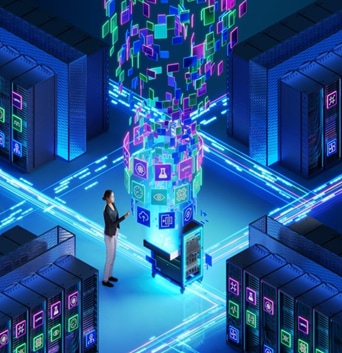
GigaOm recognizes Nokia as a data center switching innovation leader and outperformer for a third straight year

Boost hardware and NOS reliability with a quality-first philosophy
The largest and most demanding customers in the world trust us to deliver their mission-critical infrastructure because we make quality an integral part of our products.
We ensure reliability and simplicity with a continuous commitment to innovation and best-in-class design and test processes. Our approach uses the latest technology advances to enable data center networks that adapt easily to your existing environments.
Our data center switching platforms build on the successful design pedigree of our IP networking platforms. We offer a complete portfolio of high-capacity and highly reliable data center hardware platforms.
Our hardware platforms run SR Linux, an open, extensible and resilient NOS. SR Linux is built to deliver reliability and quality, and to remove operational barriers that may have slowed you down or impacted your services in the past.
The result is a NOS built on the latest technological innovations, including a model-driven management architecture and the most modern interfaces and protocols. SR Linux leverages containers, microservices, open-source projects, YANG data models, streaming and “on change” telemetry, along with modern management protocols such as gNMI and REST APIs.
Get started with SR Linux
Test drive SR Linux today. It’s easy to set up and free to try.
Automate your way to reliable, predictable and simple data center network operations
Our Data Center Fabric solution enhances network operations by making them simpler and ensuring that everything works as expected.
Nokia is the most automation-forward vendor in the data center space, and we designed SR Linux to help you get the most from automation. SR Linux implements a model-driven management architecture across its entire set of services. It also features the industry’s most robust implementation of telemetry and automation.
Our next-generation EDA platform makes data center network automation more reliable and easier to use. With tools such as pre-checks, post-checks, intent-based operations and a built-in Digital Sandbox that creates a digital twin of your live network, EDA ensures that changes will deliver the intended outcomes.
EDA builds on the proven Kubernetes platform and leverages a vast open-source ecosystem. This reduces your risks and lowers barriers to entry for users.
AIOps for data center networks
EDA builds on our SR Linux GenAI Assistant capability with support for natural language query capabilities which help to simplify data center fabric operations. You can query functionalities, verify device and network states, troubleshoot issues, fetch configuration examples and much more.
Use AI to manage your data center fabric
Curious to know how your data center switch can be integrated with AI/ML tools like ChatGPT?
Empower your staff with adaptable data center network operations
Our Data Center Fabric solution adapts easily to existing ecosystems and to greenfield or brownfield environments. It empowers your data center operations teams by making it easy for them to use their expertise and processes.
Data center teams often find it difficult to validate and test the way a new data center product would function within an existing environment. Our containerlab makes it easier to validate Nokia products and networks by enabling you to support virtual networking labs for Nokia NOSs and third-party vendor operating systems (OSs).
The EDA platform integrates easily with cloud, workload management, event notification and collaboration systems. It can react to changes in OpenShift, VMWare or OpenStack clusters in real time and align the infrastructure without the need for manual intervention. You can also use EDA with tools such as Teams, Telegram, WhatsApp, and IT service management (ITSM) and trouble ticketing systems to ease event and fault management.
containerlab

Use containerlab to easily validate and test the way a new product would function within an existing multivendor environment.
Networking for AI workloads
Artificial intelligence (AI) is changing the way businesses work. Companies of all types are embracing AI applications that promise to increase operational efficiency, transform the user experience and unlock new revenue. Powered by our Data Center Fabric solution, networking for AI workloads helps you realize this promise by implementing data center networks that support compute-and data-intensive AI infrastructures.
Our Data Center Fabric solution provides the reliability, simplicity and flexibility you need to meet the requirements of current and future AI workloads.
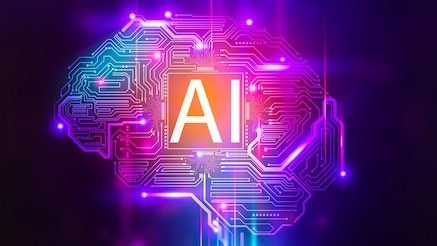
Application note
Networking for AI workloads
High-capacity data center switching platforms for all workloads
We offer a comprehensive portfolio of data center hardware platforms that can help you implement back- and front-end networks that can meet the demands of AI and traditional workloads. Our next-generation data center switching platforms deliver the reliability, simplicity and flexibility you need to build high-performance, lossless AI infrastructures that can adapt to evolving business needs.
- The Nokia 7250 IXR series, 7220 IXR-H series and 7220 IXR-D series platforms provide multiple-fixed configuration chassis variants that support port speeds up to 800GE.
- The Nokia 7250 Interconnect Routers for data center fabrics are high-capacity modular and fixed-configuration platforms designed to deliver massive scale, reliability and investment protection.
- The Nokia 7220 Interconnect Router for data center fabrics (7220 IXR) provides fixed-configuration, high capacity platforms support port speeds up to 400GE for data center spine, leaf and management TOR roles.
We complement the Data Center Fabric portfolio with our flagship Nokia 7750 Service Router (SR) platforms. You can deploy these platforms as the Data Center Gateway (DCGW) to support a comprehensive set of use cases including interconnectivity between data centers, the WAN and internet, border leaf router, connectivity to optical networks and distributed denial of service (DDoS) mitigation.
Data center fabric platforms for super-spine, spine, leaf and management roles
Economic benefits of data center network automation
It’s clear that network automation can help reduce effort and cost, but how do you quantify its tangible benefits?
Our business case analysis (BCA) tool—developed by Nokia Bell Labs—answers this question and highlights how much you could save.
You can use the BCA tool to model the job functions, tasks and effort required to design, deploy and operate our Data Center Fabric solution. The BCA tool then uses your input to calculate your effort, power and space cost savings.
The BCA tool uses data modeling to analyze and compare a migration scenario from a present mode of operation (PMO) to two different future mode of operation (FMO) scenarios.
The PMO is based on a current-generation data center networking solution. FMO 1 is a leaf–spine fabric powered by the Nokia SR Linux NOS running on merchant silicon-based Nokia data center switching platforms. FMO 2 extends FMO 1 to include Nokia EDA for managing and automating all phases of the data center fabric life cycle—including Day 0 design, Day 1 deployment and Day 2+ operations. This lets you see exactly how much time your team could save for each operations task.
Related solutions and products
Solution
Revolutionize network operations of telco cloud
Product
Build reliable management network solutions for data centers.
Product
Build open and automated data center fabrics with high-capacity, fixed-configuration platforms
Product
Deploy high-density, high-capacity data center switches for an open, leaf-spine architecture.
Product
Reliable, simplified and adaptable data center network operations
Product
Evolve your IP and data center networks with an open, extensible and resilient NOS
Learn more about data center networks

Article

Customer success

Customer success
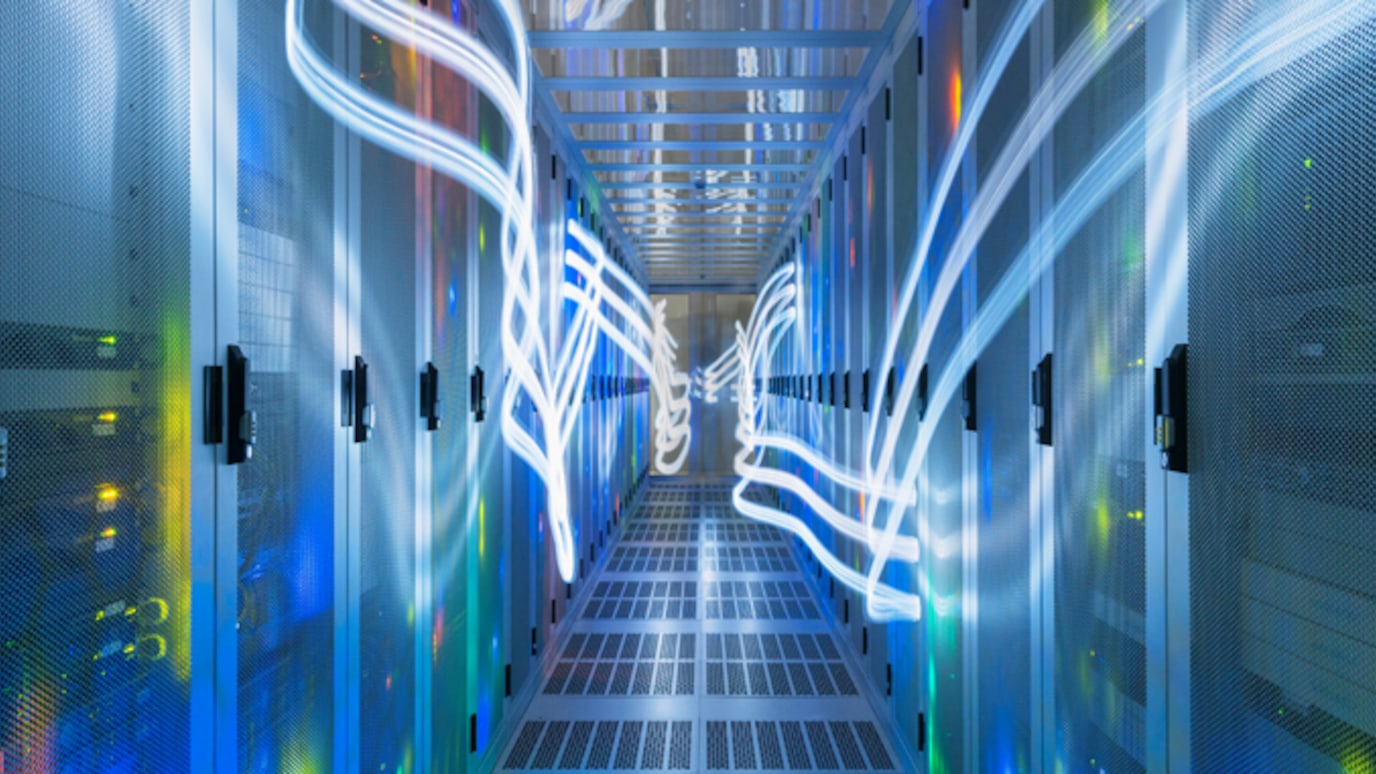
Blog

Event
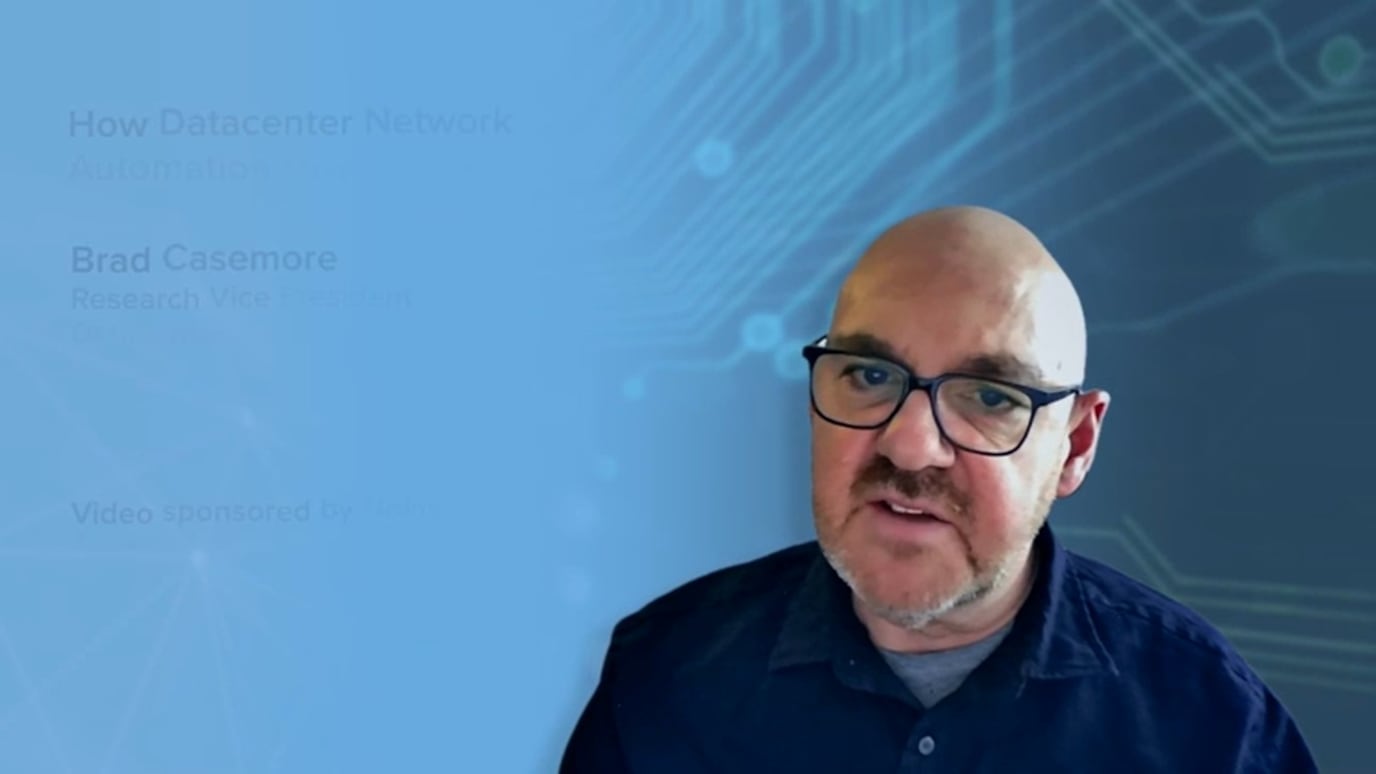
Video
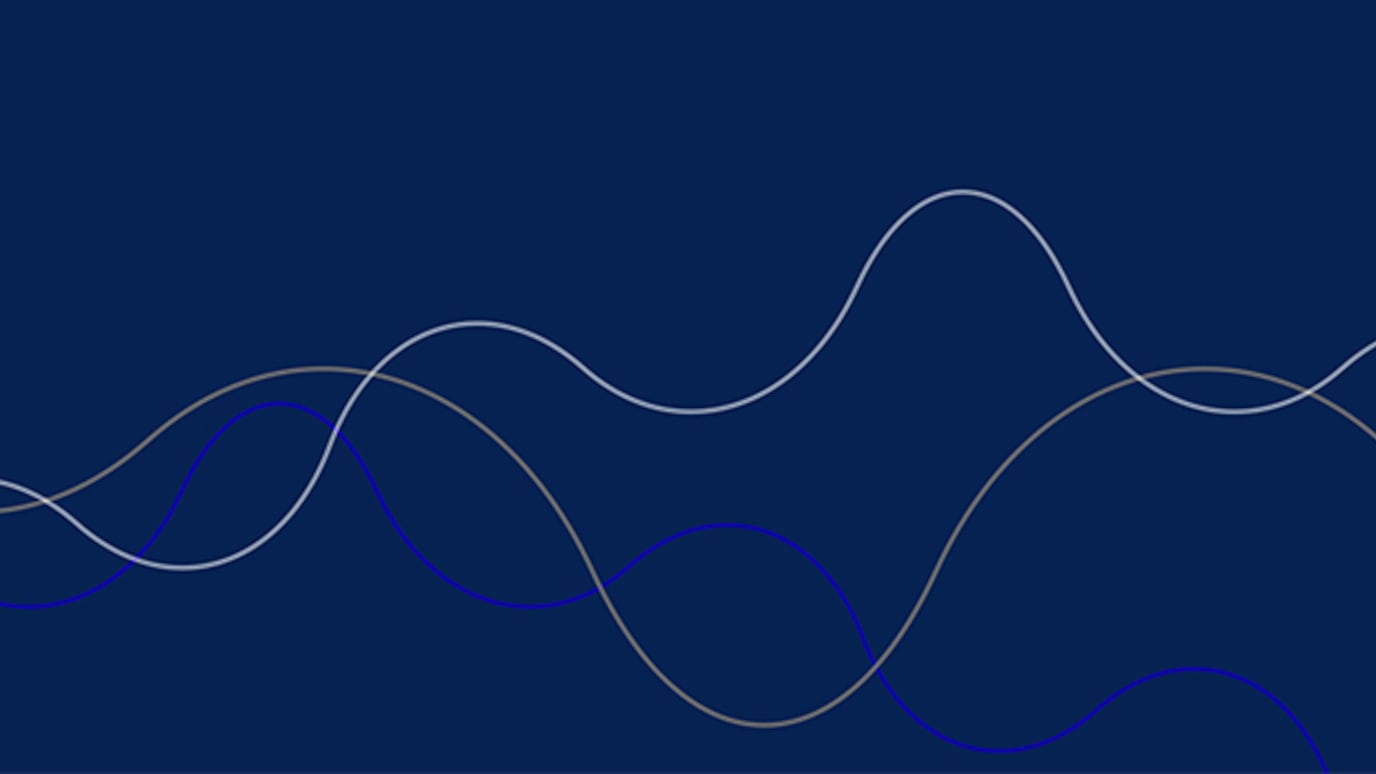
External news
Video
Alan Weckel on IP network evolution and automation
Latest news
Ready to talk?
Please complete the form below.
The form is loading, please wait...
Thank you. We have received your inquiry. Please continue browsing.
















